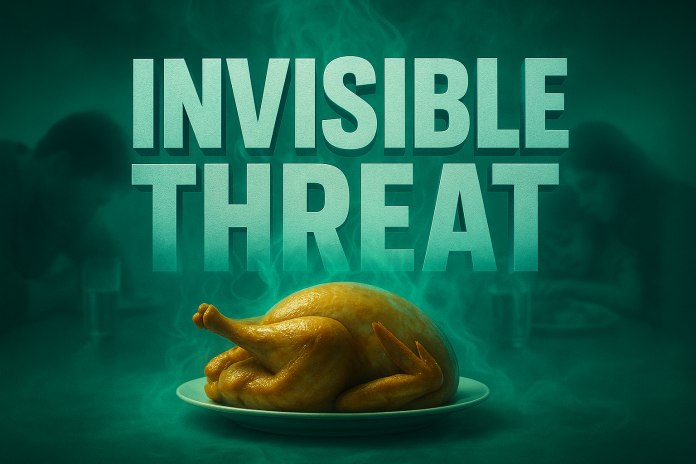Jackson, MS – As Thanksgiving celebrations bring families indoors across Mississippi, health officials are warning residents of a silent, invisible danger that could be seeping into their homes. The Centers for Disease Control and Prevention (CDC) and the Mississippi State Department of Health (MSDH) say radon, a naturally occurring radioactive gas, becomes especially hazardous in colder months when homes are sealed for warmth.
Radon is formed as uranium in rock and soil breaks down underground, releasing gas that seeps upward through cracks in foundations, drains, or gaps around pipes. Because it’s odorless, colorless, and tasteless, families can be exposed for years without realizing it.
According to the U.S. Environmental Protection Agency (EPA), radon is the second-leading cause of lung cancer nationwide, linked to over 21,000 deaths each year. While Mississippi is not traditionally known for high radon levels, experts say localized hotspots — especially in northeastern and central parts of the state — can still pose significant risk.
Testing is the only way to detect radon. Short-term test kits, available online, at hardware stores, or through the Mississippi State Department of Health, can measure levels in just a few days. If results are 4 picocuries per liter (pCi/L) or higher, the EPA recommends professional mitigation. Experts stress, however, that no level of radon is completely safe.
If elevated levels are found, certified mitigation contractors can install venting systems that reduce radon by up to 90%. Sealing cracks and improving ventilation can also help as temporary measures.
“Radon doesn’t take a holiday,” said CDC health officials. “Testing your home this Thanksgiving could be one of the most important steps you take to protect your family.”
As families gather indoors across Jackson, Tupelo, and Hattiesburg, Mississippi health leaders encourage residents to make radon testing part of their holiday safety checklist — before this invisible killer lingers into winter.





